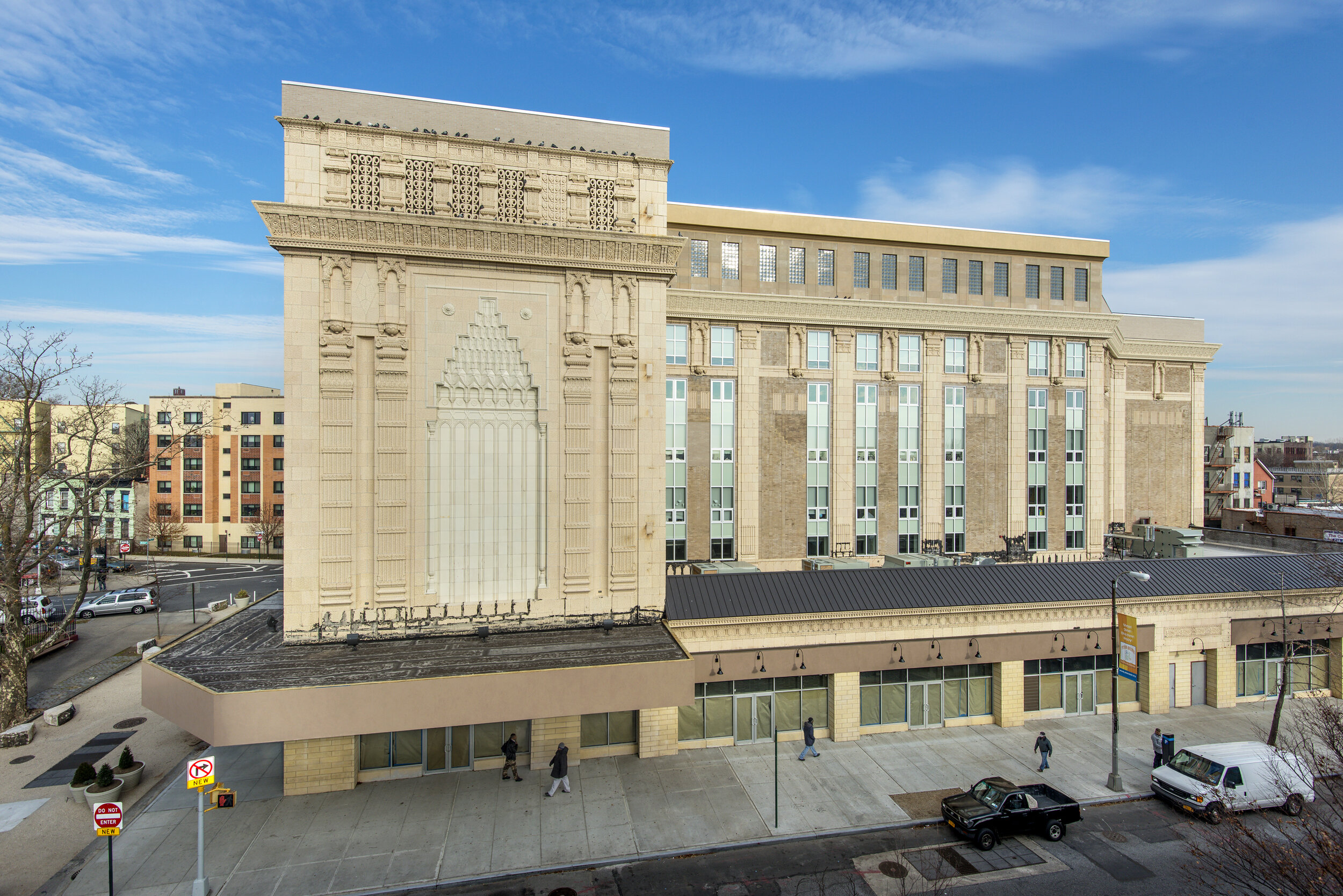veNTURES
the national summer school initiative (NSSI)
The National Summer School Inititiative, launched in 2020 as the pandemic disrupted K-12 education everywhere, partners with schools and districts to accelerate student learning in a highly engaging five-week program.
In the summer of 2024, NSSI educated nearly 82,000 students and developed 4,250 teachers across 13 states, including at hundreds of sites in the New York City public schools. In every grade and subject, students posted major academic gains from the five-week program. To date, NSSI has helped more than 100,000 students recover from learning loss and stay on course to college and career.
As schools confronted catastrophic learning loses, NSSI pioneered a new model for accelerating learning and building teacher capacity—fast. Chosen from across the country, NSSI’s exceptional “mentor teachers” work in sustained parternership with educators everywhere. Teachers deliver vibrant, high-expectation lessons to their local students inspired by their mentors’ craft and moves. Students across the grades post striking acdemic gains—in just weeks.
In weekly virtual professional development, teachers and their mentors delve deeply into the upcoming content, with a focus on two levers: intellectual preparation and student work analysis. Ninety-six percent of participating teachers reported that they were satisfied or very satisfied with NSSI’s 2024 Teacher Institute.
Ascend Learning
Steven founded and built Ascend Learning, a nonprofit network of liberal arts charter schools in Brooklyn that today educates 5,500 students in 15 schools.
Ascend’s 2008 mission was
“to develop a scalable solution to the underachievement of economically disadvantaged children—a network of urban, college-preparatory, K-12 charter schools, operating with widely available financial resources, and posting achievement levels equal or superior to schools educating students from middle-class families.”
From 2014 to 2019, Ascend posted the highest academic growth of any charter network in New York and reversed the achievement gap by race and, in math, by income. Ascend’s students, 96% of whom are black or Latino and 84% economically disadvantaged, are posting proficiency levels greater than every comparison group: their local school districts, the city, the state, and the New York City charter sector.
The Center for Research on Educational Outcomes (CREDO) at Stanford University identified Ascend a “gap-busting” network for its success in closing achievement gaps of race and income.
While other high-performing charter networks rely on a “no excuses” disciplinary model, Steven believed that a true liberal education—which fosters and prizes critical thinking and independence of thought—cannot be joined to a culture of rigid rule-following and silent meals. It is a flagrant contradiction. Students cannot learn that their voice has power when for much of the day the school stipulates their silence.
Ascend pioneered a warm and joyful, non-punitive culture focused on promoting not compliance but students’ agency—their confidence that they are in control of their own lives and can act of their own free choices, their conviction that they can assert their voice and power in the world.
Ascend has grown to $120 million in revenues, 800 employees, and half a million square feet of newly renovated school buildings—with $4 million in total philanthropy.
We can radically remake urban schools today, with existing resources.
ELA PROFICIENCY
Ascend has posted the fastest academic growth in the ctiy in ELA …
MATH PROFICIENCY
… and in math as well.
"Ascend is one of the greatest success stories out there—if the measure of success is enhancing the life prospects of disadvantaged students (predominantly students of color). This field is littered with good intentions that have yielded mediocre outcomes. Ascend is the best counter example I know. The paradigmatic ‘continuous learning organization,’ Ascend has brought opportunity and success to countless children—quite literally, it has given them better lives and brighter futures.”
—Chris Cerf, former superintendent of Newark and the former New Jersey Commissioner of education
Reversing the achievement gap in math
Reversing the achievement gap in ELA
REVERSING the achievement gap
Ascend’s Black and Latino students today outperform their white peers statewide on the state's annual Common Core assessment in both math and English Language Arts. And its low-income students are outperforming their non-economically disadvantaged peers in math—and fall short by just one point in ELA.
Runs on regular
Most charter networks run at a deficit, relying on philanthropy to stay afloat. Ascend set out to demonstrate that it could offer a superior education at current levels of public appropriation, not thanks to the munificence of wealthy donors. Ascend posted positive net-income and positive cash flow from its first year of operation. The one-time cost to create each permanent achievement gap-closing seat at Ascend is less than $750.
Advantage Schools
In the first decade of charter schools, Steven founded and ran the second-largest charter school management company in the country to create high-quality urban public schools. Advantage opened 20 schools in eight states educating 9,000 students and realized the highest annual gains in student achievement of the emerging K-12 education management industry. Advantage’s vision for a new generation of public schools attracted $80 million in equity capital from some of the country’s leading venture and institutional capital sources, including John Doerr of Kleiner, Perkins, Caufield & Byers.




